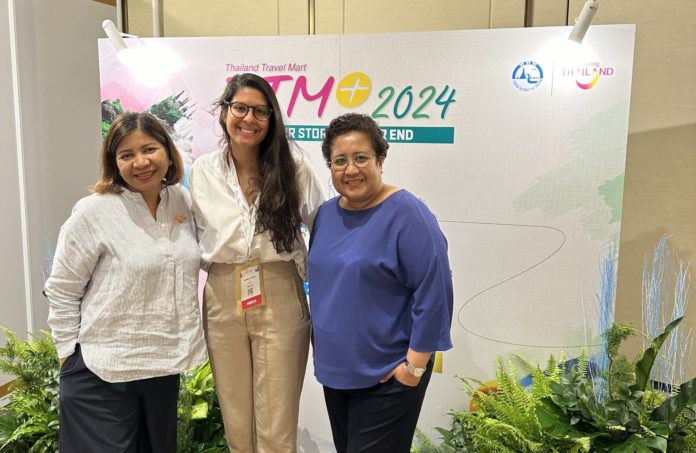
Thailand is actively upping its efforts to attract more Irish holidaymakers; and sees Ireland as an important marketplace.
In a wide-reaching interview, ITTN’s Maria Uchoa talks to Chiravadee Khunsub – European Region Director for the Tourism Authority of Thailand (TAT) – at Thailand Travel Mart Plus (TTM+) 2024.

“Growth [visitor numbers from Ireland] has been so strong; 136% compared to 2019, already. Ireland is an important market and TAT will be running market specific campaigns,” Ms Khunsub said.
To that end, TAT has a campaign with Club Travel aimed at driving low season travel from Ireland to Thailand. TAT had a presence at Holiday World Show, Dublin last January and will be, again, present at the PATA (Pacific Asia Travel Association) Irish Roadshows – in Dublin and Belfast in September.
Thailand has already welcomed around 10 million tourist visitors this year and is expecting to reach the 40 million mark by the end of 2024.
Traditionally, while popular with western Europeans, the south-east Asian country’s traditional visitor countries are the likes of India, Malaysia and South Korea.
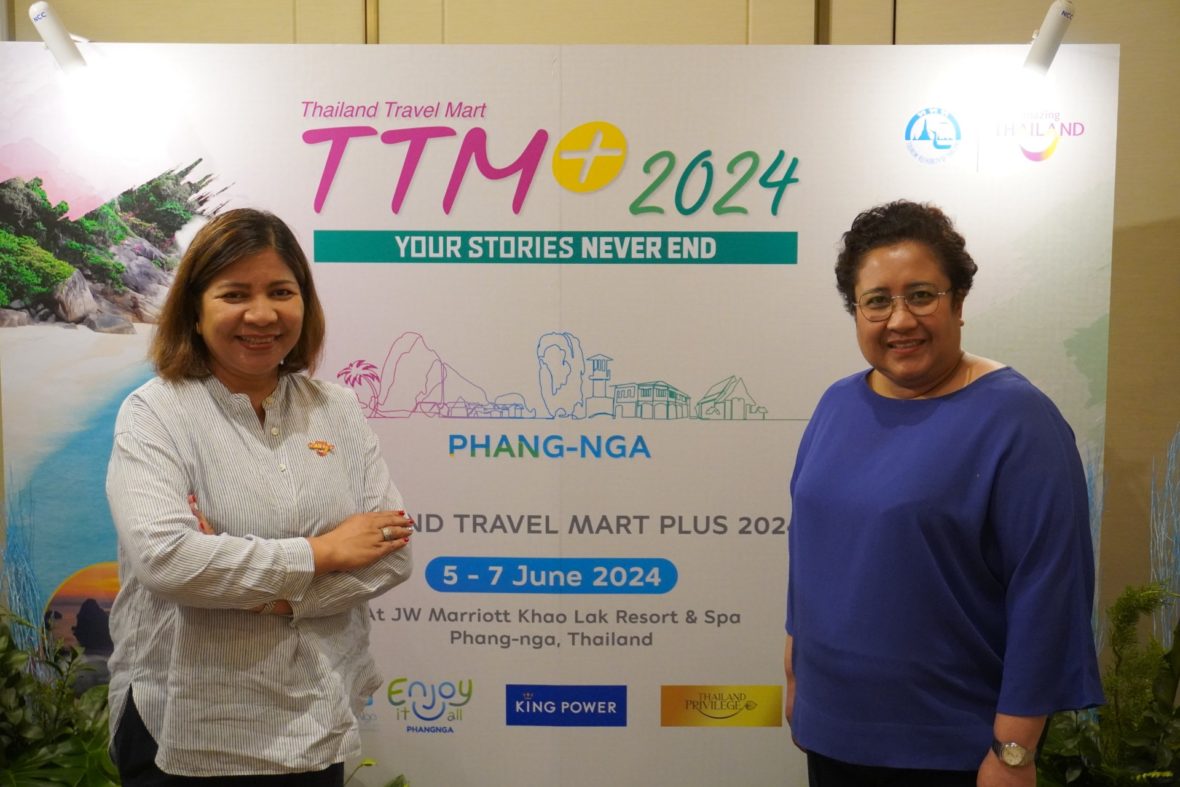
The reason why TAT is looking to widen its geographic visitor base is that Thailand truly has something to offer everyone. Current traveller trends to the country include pretty much every bracket.
Thailand is currently very hot with the honeymoon market. There is lots of interest shown in it by young couples and families. Also, the youth backpacker/adventure market is still strong; but equally so is demand from the beach holiday enthusiasts.
“Beach holidays are always very popular and the hotspots such as Bangkok, Chiang Mai, Phuket and Koh Samui are, too; but there is now more demand for adventure and secondary destinations,” said Ms Khunsub.

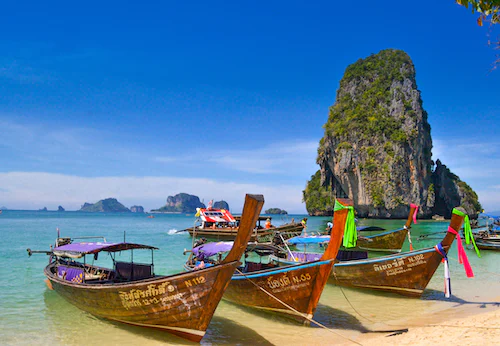
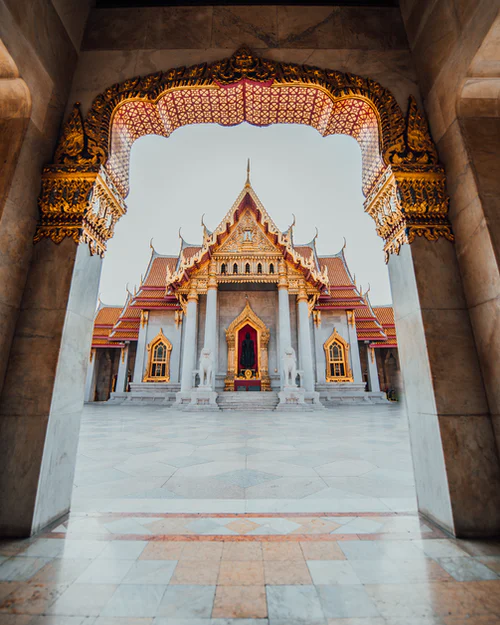
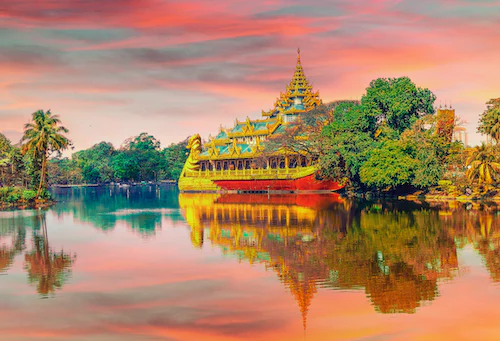
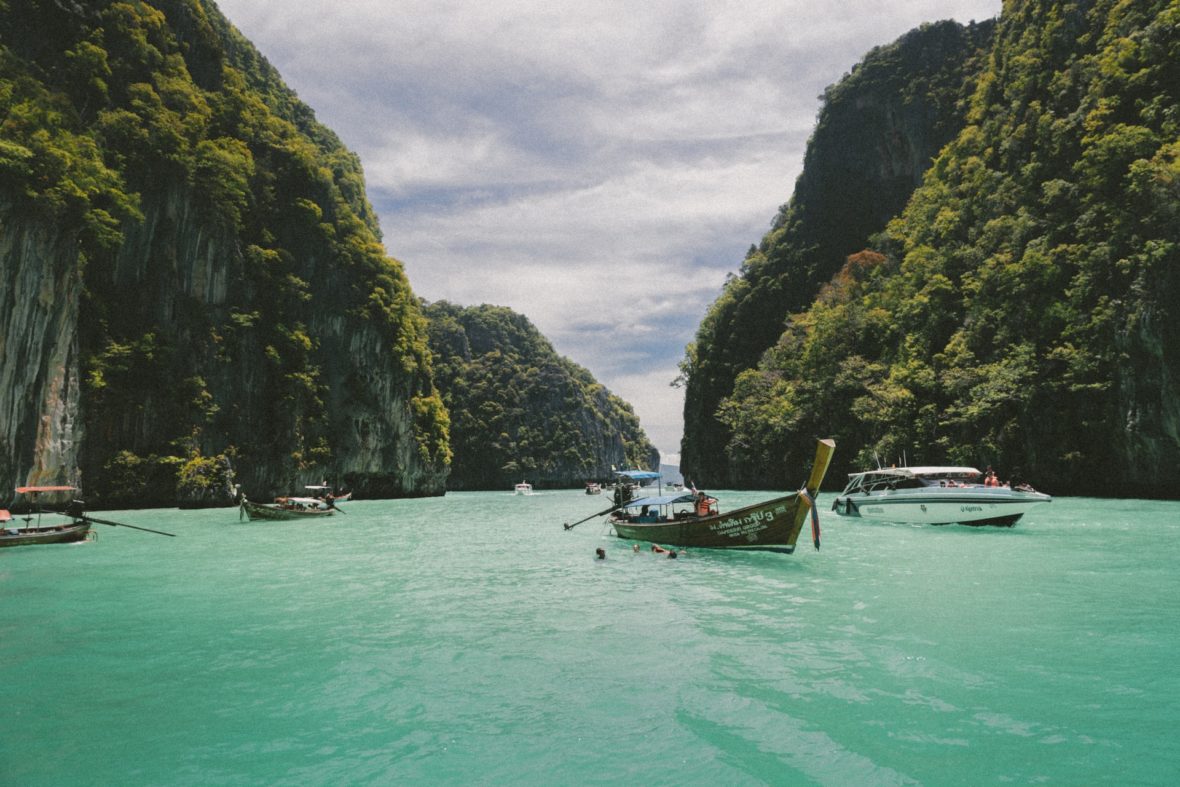
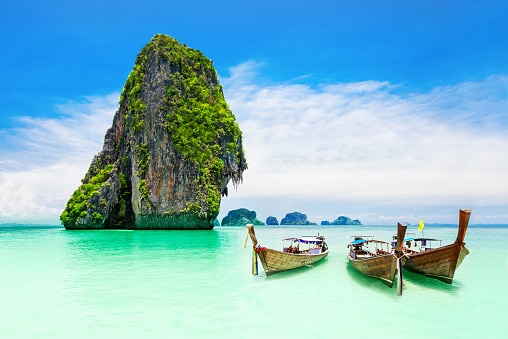
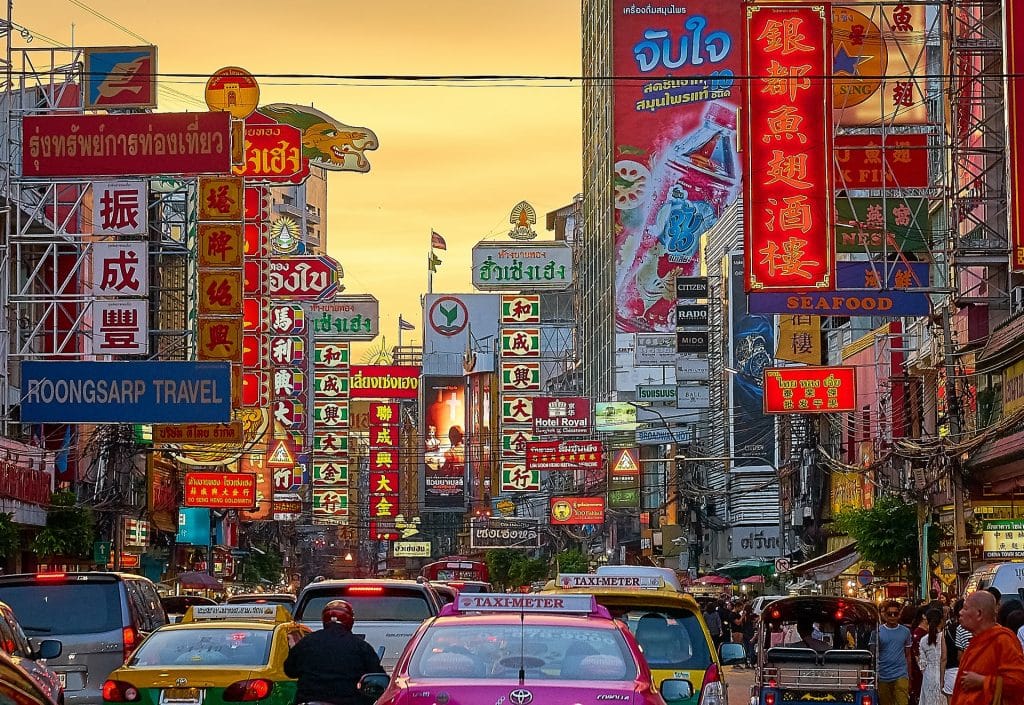
Luxury is generously catered for, also. In recent months, many of the big global hotel chains have opened new hotels in Thailand – including Luxe Nomad, Aleenta Resorts, Kempinski, Mandarin Oriental, Moxy and IHG/InterContinental. While Thailand is, clearly, seen as a luxury resort, Ms Khunsub is keen to stress that this does not go against the country’s inclusive attitude.
“Luxury is a key focus,” she said, “and Thailand welcomes the major hotel players. But, the country also has some great independent and boutique properties. Thailand offers such good value for money that luxury hotels are much more accessible and affordable. There is, absolutely, a mid-tier market and more affordable options; and, of course, Thailand is popular with digital nomads and backpackers.”
But, Thailand is not all about luxury and relaxation; the country has a strong social conscience too and is serious about its sustainability responsibilities, too.
“Thailand, as a whole, has a strong commitment to achieve its Sustainable Tourism Goals [STG] by 2030, and an ambition to become a high-income, inclusive, sustainable and resilient country guided by the UN principles,” Ms Khunsub said.
“STGs are in line with the United Nations’ Sustainable Development Goals, specifically for the travel and tourism industry.”
“It is part of TAT’s ongoing direction towards high-value and sustainable tourism. As part of that, a STAR accreditation, according to the STGs, has been created.”
A Sustainable Tourism Acceleration Rating (STAR) engages a variety of stakeholders and encourages them to be more sustainable and to make active changes to their business, product and organisation.
Currently, there are more than 700 businesses with STAR certifications in Thailand already, with TAT aiming for 80% by 2026.
Sustainable travel, luxury, wellness, experiential travel – TAT’s new campaign being ‘Your Stories Never End’ – longer stays, secondary cities and destinations are the themes TAT is looking to promote Thailand through.




